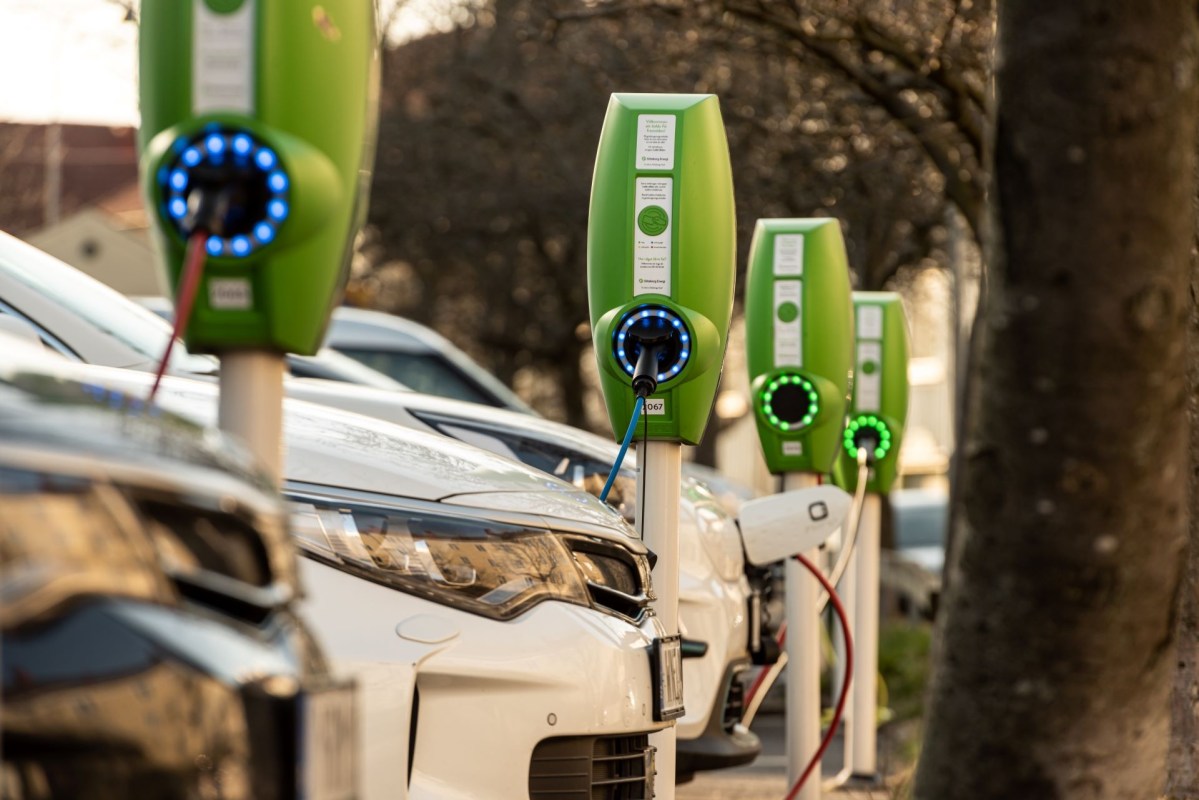In an electrifying recent announcement, the Environmental Protection Agency (EPA) revealed ambitious new proposals for federal standards that would require 64-67% of all new cars sold in the United States to be electric by 2032.
To put this in perspective, the percentage of electric vehicles in the U.S. at the end of 2022 was around 6%, and President Biden's previous target was for 50% of all new vehicles to be electric by 2030.
Transportation is the main contributor to planet-warming gases in the U.S., and these proposed standards are a leap toward a future with minimal air-polluting gas output from cars. They could also save consumers an average of $12,000 over their car's lifetime.
As EPA Administrator Michael Regan said in the announcement, "By proposing the most ambitious pollution standards ever for cars and trucks, we are delivering on the Biden-Harris Administration's promise to protect people and the planet, securing critical reductions in dangerous air and climate pollution and ensuring significant economic benefits like lower fuel and maintenance costs for families."
The ride, however, won't be entirely smooth. One of the issues is there are currently not enough charging stations to support this future electric fleet, according to a recent article in the MIT Technology Review. While 70% to 80% of charging happens at home and some electric cars can now match the range of gas-powered cars, public chargers allow for long-distance travel and provide reliability.
The article further states that according to a report by S&P Global, in order to match the number of electric cars that will be on the road by 2030, millions of new chargers will be needed. Despite the Biden administration pledging billions of dollars to the effort, the states will also have to invest heavily.
There is also a concern about the loss of jobs, but as President Biden said in a previous speech, this won't happen.
"We're going to build a different future with one — one with clean energy, good-paying jobs," he said last year. "We can make things better in terms of jobs. We can make things better in terms of the environment. We can make things better for families overall. So I'm looking forward to this movement."
Join our free newsletter for weekly updates on the coolest innovations improving our lives and saving our planet.









